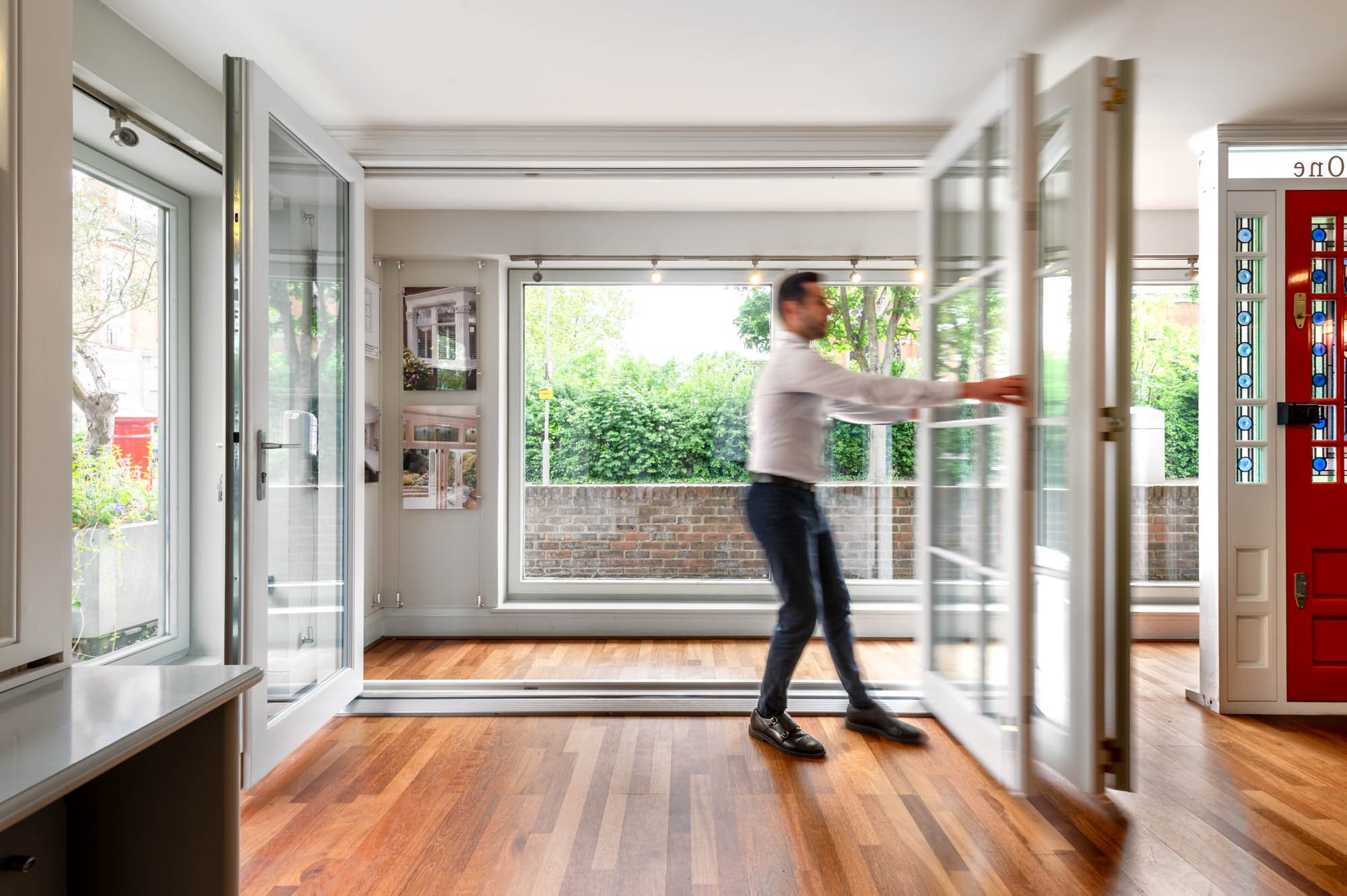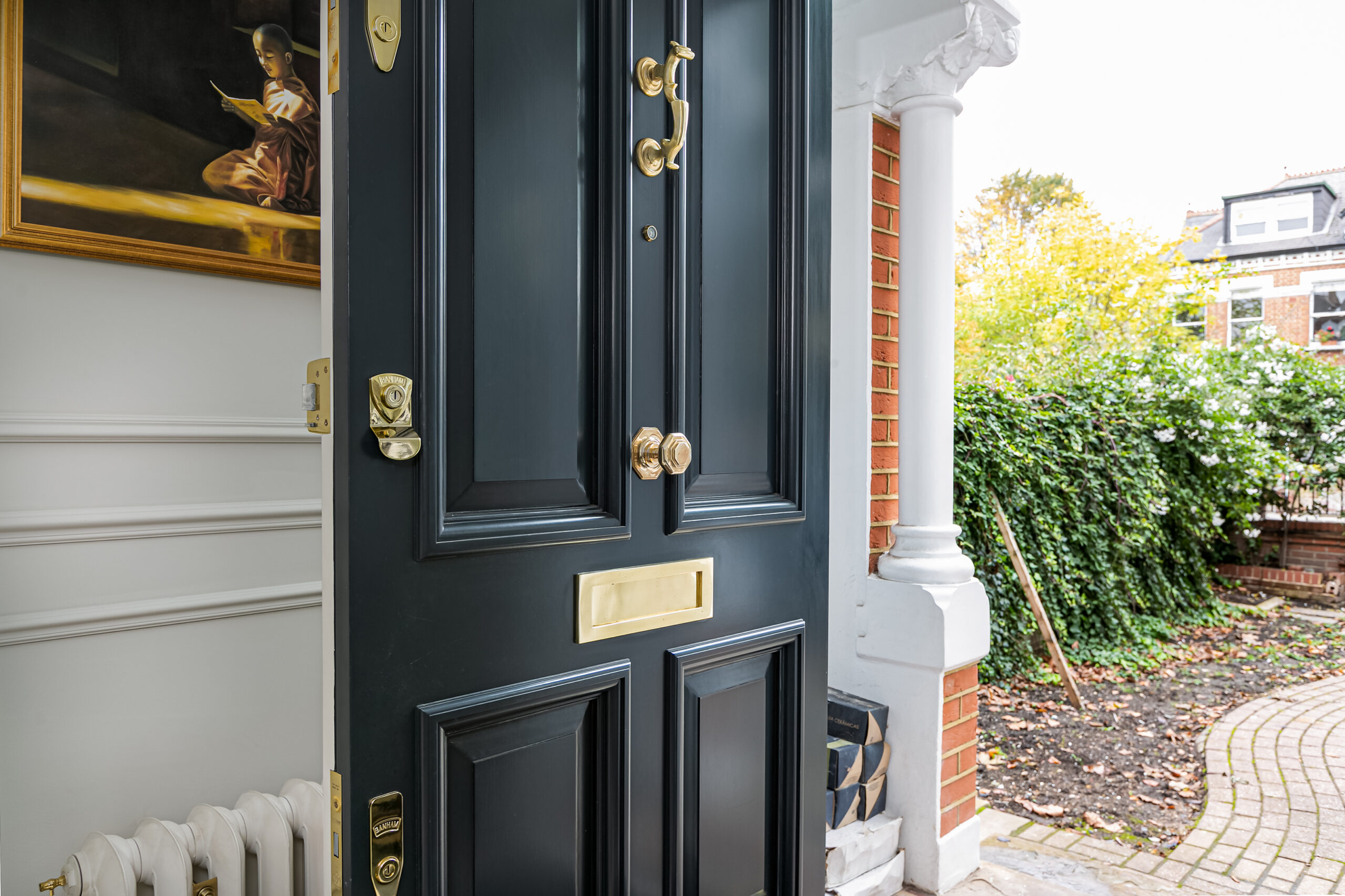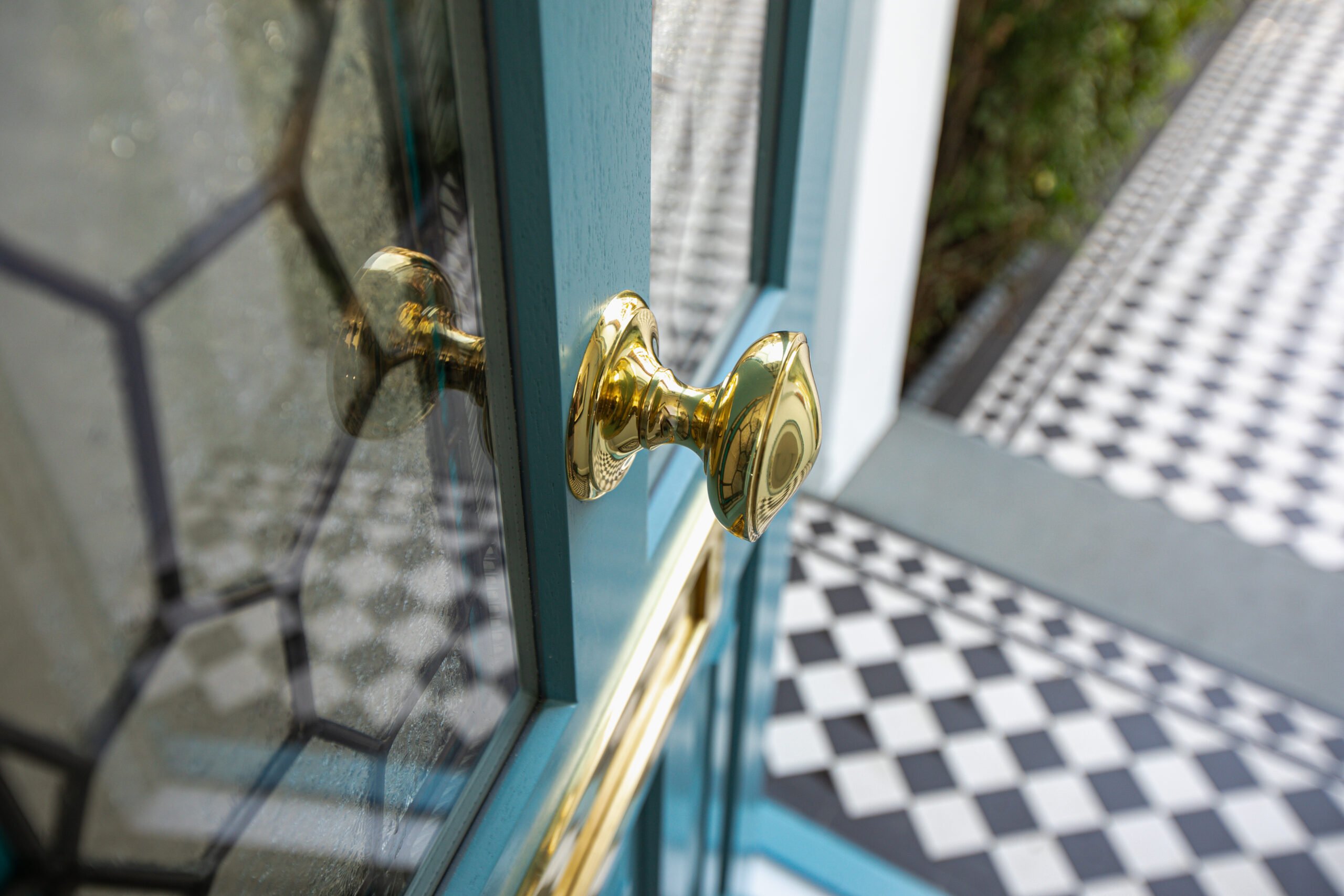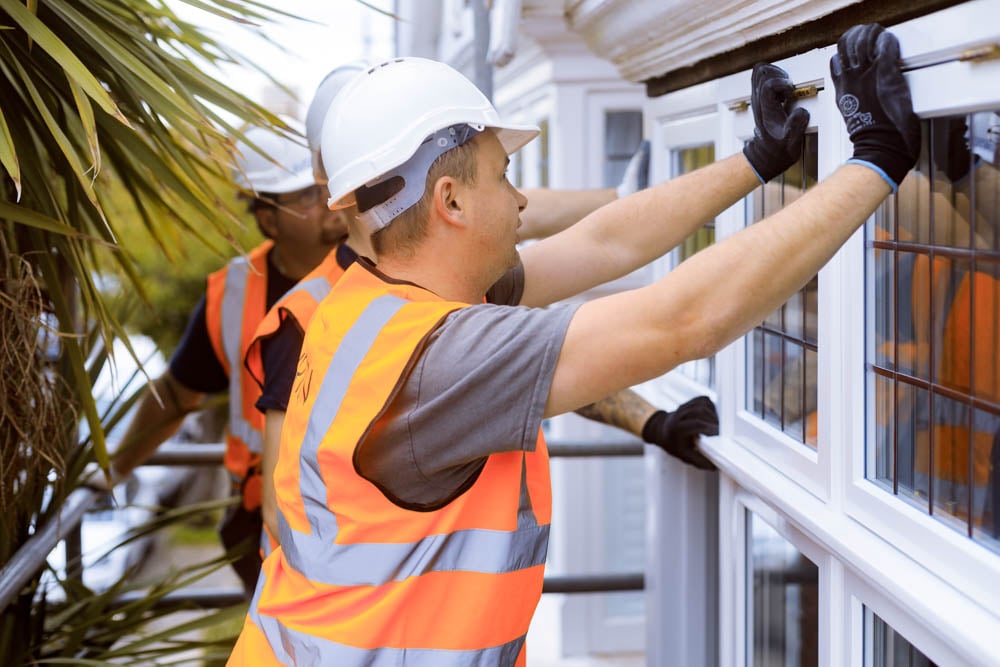Hardwood, Softwood, or Modified Timber for Your Windows and Doors: Making the Right Call
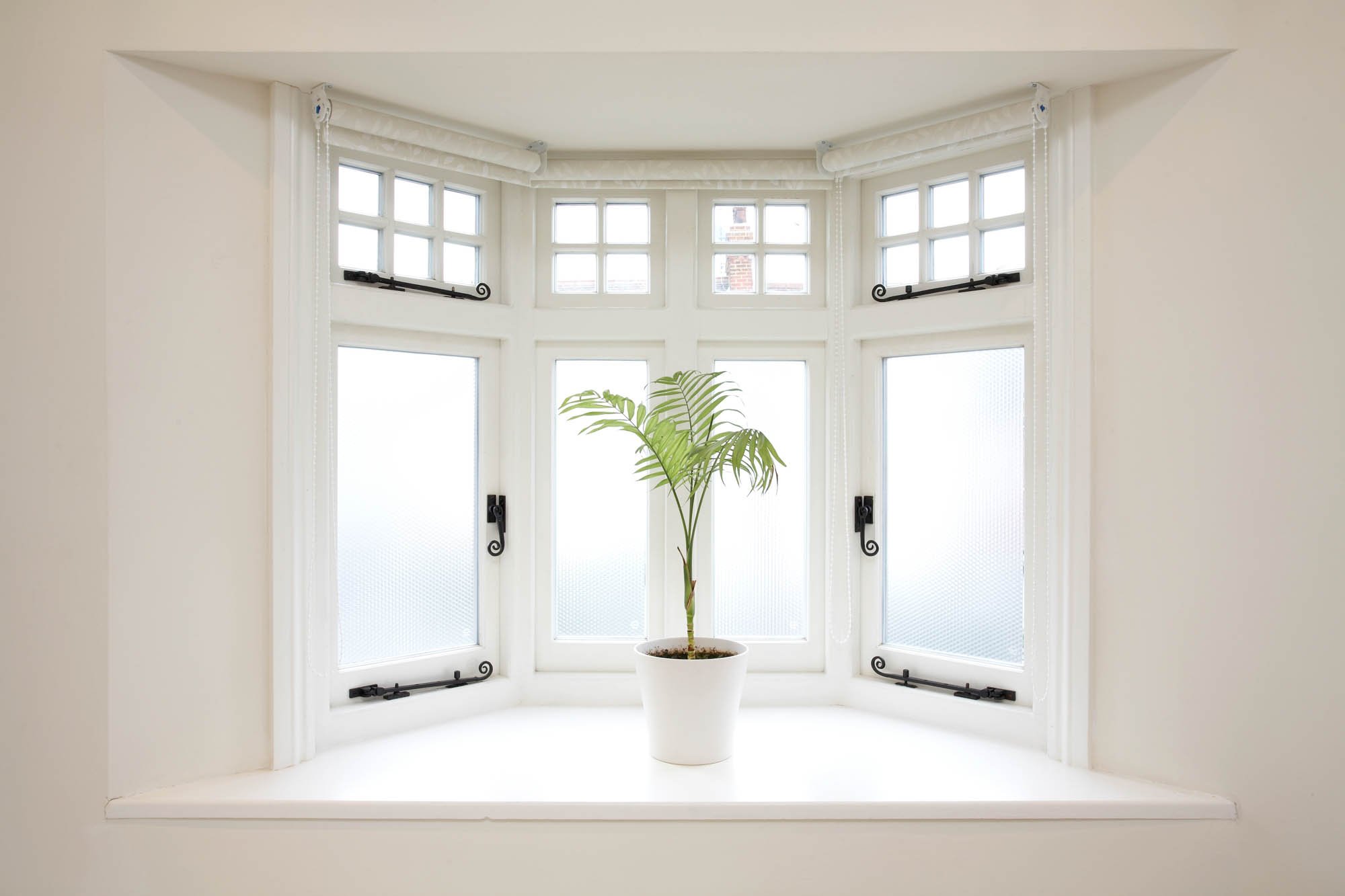
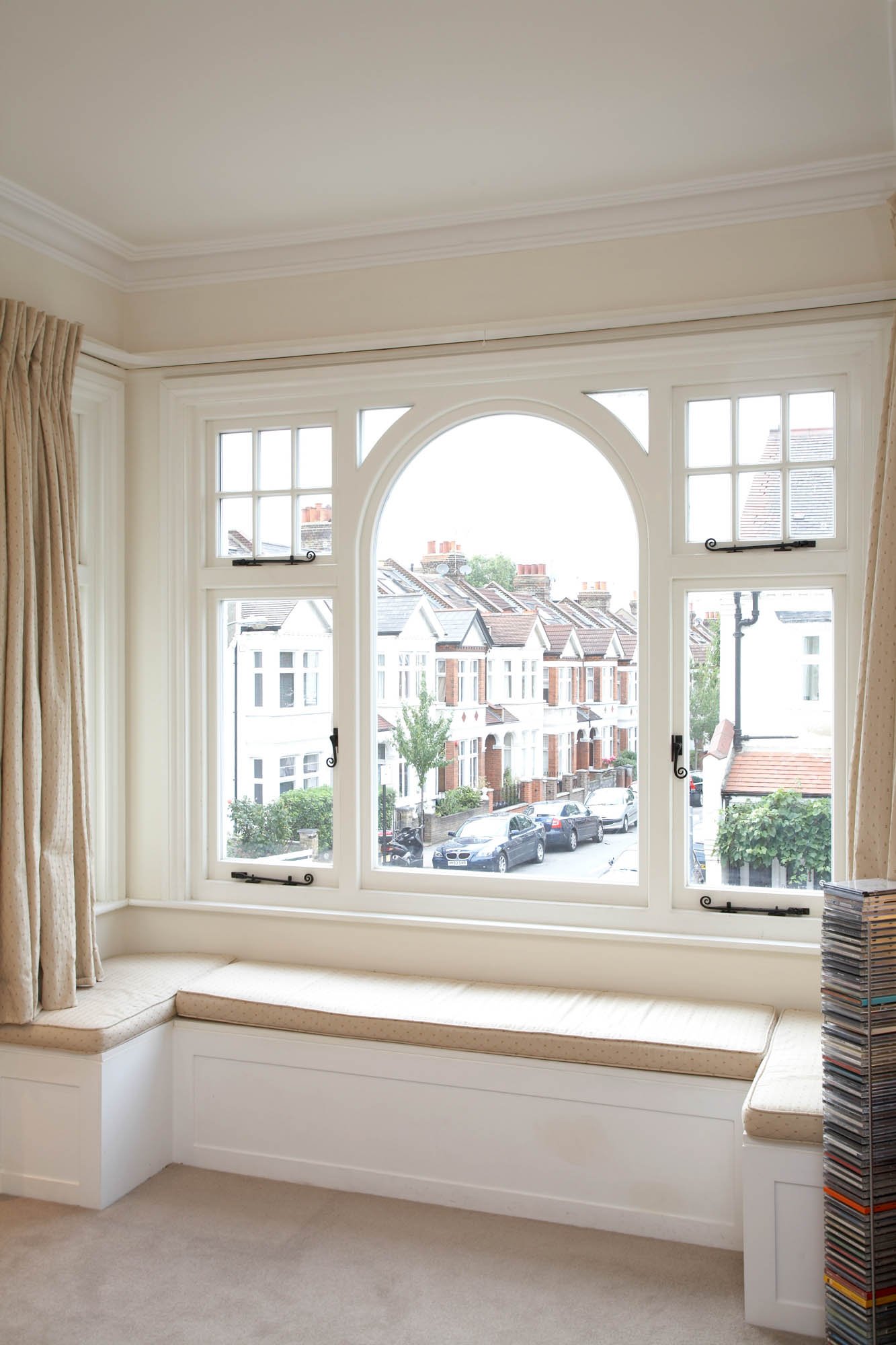
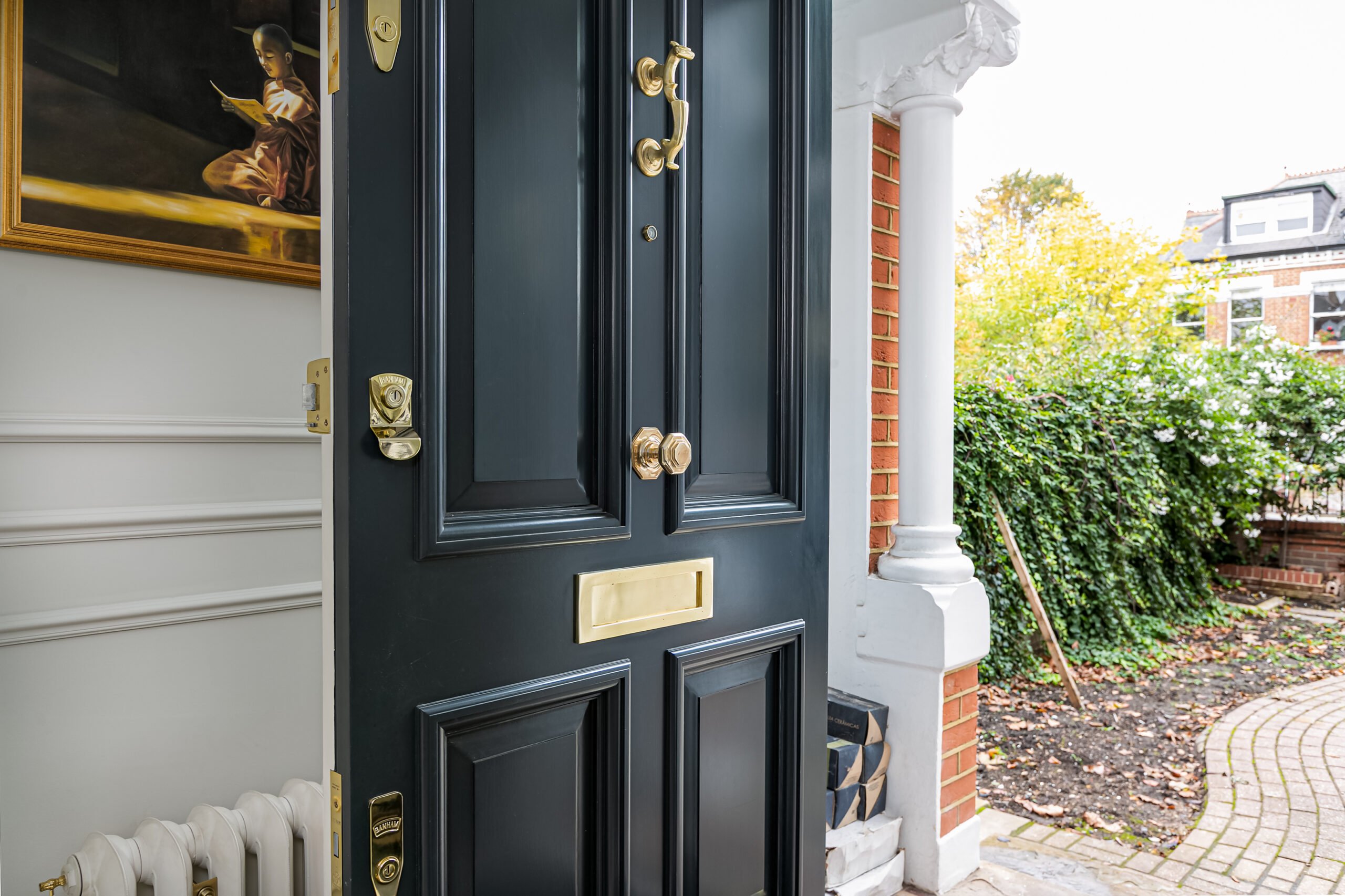
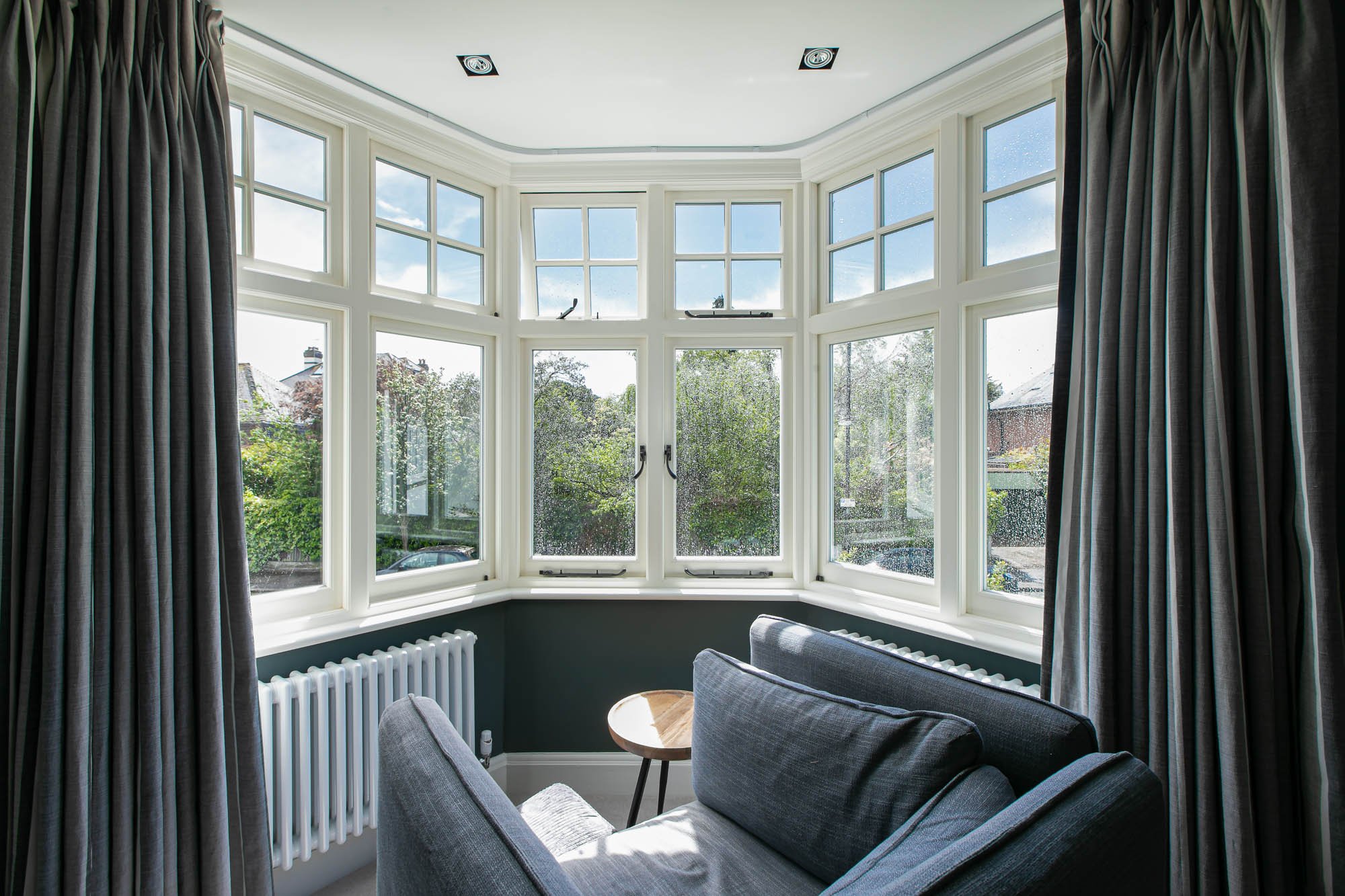
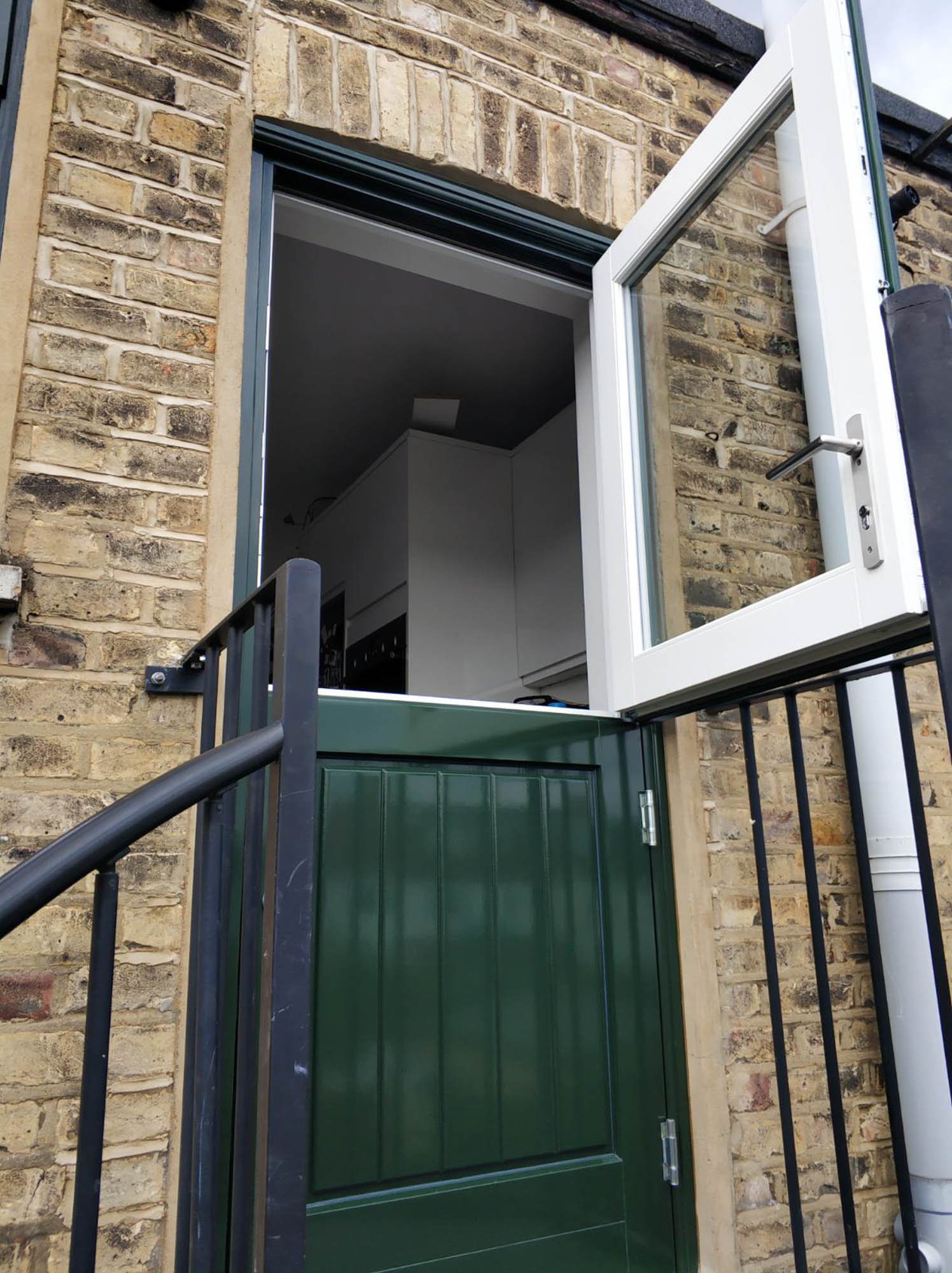
Choosing between the many types of windows and doors available in London further complicates matters. Do you splurge on teak or mahogany, beautiful, but scarce and expensive hardwoods? How about modified timber? A long-lasting option that’s not always necessarily produced in the most environmentally friendly way. Or should you go for fast-growing softwoods? Affordable and versatile at the cost of slightly more hands-on maintenance.
As a leading supplier of bespoke timber windows and doors in London, Ayrton Bespoke is ideally positioned to help you understand your options. Whether you’re considering hardwood, softwood, or modified timber for your windows and doors, this guide aims to arm you with all the information you need to make a clear, confident, and informed decision.
Different types of timber for windows and doors
The three most common types of timber used for windows and doors in London are hardwood, softwood, and modified timber. While each has its own set of advantages and disadvantages, they’re all viable options and worthy of consideration for your next building or renovation project.
Hardwood Timber
Hardwood timber is sourced from deciduous trees that drop their leaves in autumn. Common British examples of deciduous hardwood trees include English oak, beech, ash, and elm. Mahogany, a popular option in the UK, is usually imported from Central and South America. All are prized for their robustness and longevity and are prevalent in foundational and structural building elements like joinery.
Deciduous trees are slower-growing, which makes for denser, more durable timber. Due to its strength, aesthetic appeal, and lifespan, hardwood timber tends to be the most expensive option.
Softwood Timber
Softwood is sourced from evergreen coniferous trees that retain their leaves or needles year-round. Common examples include pine, spruce, and fir, with pine and larch being the most commonly grown species in the UK. Due to the rapid growth of softwood trees, they are generally more affordable than hardwood.
Softwood is widely used in construction for applications like framing and cladding and is also a popular choice for furniture due to its versatility and ease of use. When used externally—such as for windows and doors—timber treatments are essential to enhance durability and resistance to weather. While hardwoods have a reputation for greater durability, when correctly treated, softwood windows and doors are equally as durable and have a similar expected service life.
—
Building or renovating and want to speak to a specialist about the right windows or doors for your home?
Reach out to Ayrton Bespoke for an obligation-free discussion of your bespoke timber window and door needs.
—
Modified Timber
Modified timber is created by changing the properties of natural timber to reinforce or improve desired characteristics, like durability and dimensional stability. The right result can come from both thermal and chemical modifications. Both hardwood and softwood timbers can be modified, though softwoods are more commonly used for modification. Modified timber is usually a cheaper alternative to hardwood timber but with many of the same benefits.
Thermal modification, which involves heating timber to change its internal structure, dates back to Viking times. Vikings used thermally modified timber to combat the corrosive effect of saltwater on their ships. Thermal modification raises the temperature of the timber to remove moisture content and prevent future risks like mould or mildew. Ash and pine are often thermally treated to build saunas, decking, and underfloor heating systems.
Chemical modifications of timber are designed to combat the same risk potential as thermal modifications, but chemical processes are used instead. Natural timber contains free hydroxyls, an oxygen atom bound to a hydrogen atom. These hydroxyls absorb and release moisture depending on external conditions, so acetylation reduces the timber’s retained water.
The substances used for professional chemical timber modification do not leave toxic residues.
Advantages and disadvantages of hardwood, softwood, and modified timber for windows and doors
Hardwood timber pros and cons
Hardwood timber’s density and durability make it extremely strong and naturally resistant to wear and tear. For doors and windows, hardwood timber will withstand the harshest weather conditions and provide the best natural insulation, improving your home’s energy efficiency. The slow-growing nature of deciduous hardwood timber results in beautiful grain patterns, adding to its aesthetic appeal.
The biggest drawback of hardwood timber is its cost. Hardwood is typically much more expensive than softwood or modified alternatives, and hardwood doors and windows will need stronger frames and installation hardware. While hardwood requires less maintenance than softwood windows and doors, periodic sanding and resealing may be necessary, as per the manufacturer’s guidelines,
Softwood timber pros and cons
Softwood timber is currently one of the most commonly used types of wood for new windows and doors in London. Its list of pros is extensive and many of its cons can be overcome with the right treatments and coatings.
Softwood timber is more available and environmentally friendly to produce than slow-growing hardwood, with UK window and door suppliers relying on FSC-certified forests or regulated and protected European sources. It’s more pliable and easier to work with, making it ideal for custom designs and craftsmanship, and many species of softwoods have attractive and clean natural grain that takes well to both stains and paint.
Untreated softwoods used to be more susceptible to degradation, weather damage, and infestation; however, with modern treatments and coatings, softwood windows and doors can reasonably be expected to match both hardwoods and modified timber in expected service life, especially with occasional maintenance.
Modified timber pros and cons
Modified timber offers the best of both worlds. Thanks to heat or chemical treatment, modified timber resists damage from pests and moisture well, making it a great option for doors and windows exposed to the elements. It’s also unlikely to expand or warp and can be customised to your preference with different stains and paints.
—
Still not sure what type of wood is right for your needs?
Contact Ayrton Bespoke to speak to an expert today.
—
Ayrton Bespoke: London’s Timber Windows and Doors Experts
At Ayrton Bespoke, we understand and appreciate the relative benefits of hardwood, softwood, and modified timber for windows and doors. As experts in the field, we strategically select and treat different types of wood to enhance their performance characteristics based on their final use.
Our doors and windows are made from slow-growing and certified sustainably sourced Latvian Redwood that is chemically (water-based) treated to be more resistant to the elements; rot, mould, decay; and twisting and warping. For elements that might require extra strength, durability, or protection from the elements, for example, sills and thresholds, we prefer hardwoods.
With each of the give-or-take 4,000 windows and doors leaving our factory each year carrying a 60-year no-rot and several other performance and lifespan guarantees, trust Ayrton Bespoke for bespoke, beautiful, and lasting windows and doors.
Feel free to reach out to us at 020 8877 8920 or through our online portal for an obligation-free discussion of your next building or renovation project.
Useful links
We regularly publish well-researched and fact-checked posts to help you make the right decisions and simplify building and renovation projects. Check out our posts on:
Guide to planning permissions for windows
Guide to planning permissions for doors
Building regulations for window replacements
Sources:
https://thermory.com/blog-and-news/thermally-modified-wood-what-is-it/
https://internationaltimber.com/product-range/laminated-modified-timber/modified-timbers/what-is-wood-modification/
https://www.timbersource.co.uk/softwood/other-softwood-range
https://connect.fsc.org/impact/certified-forests
with one of the friendly
Ayrton team?
Our team will be happy to answer any questions you might have. Alternatively, why not pop into one of our showrooms to see our products in person, grab a coffee and talk through how to get the best for your home with one of our friendly design team.
